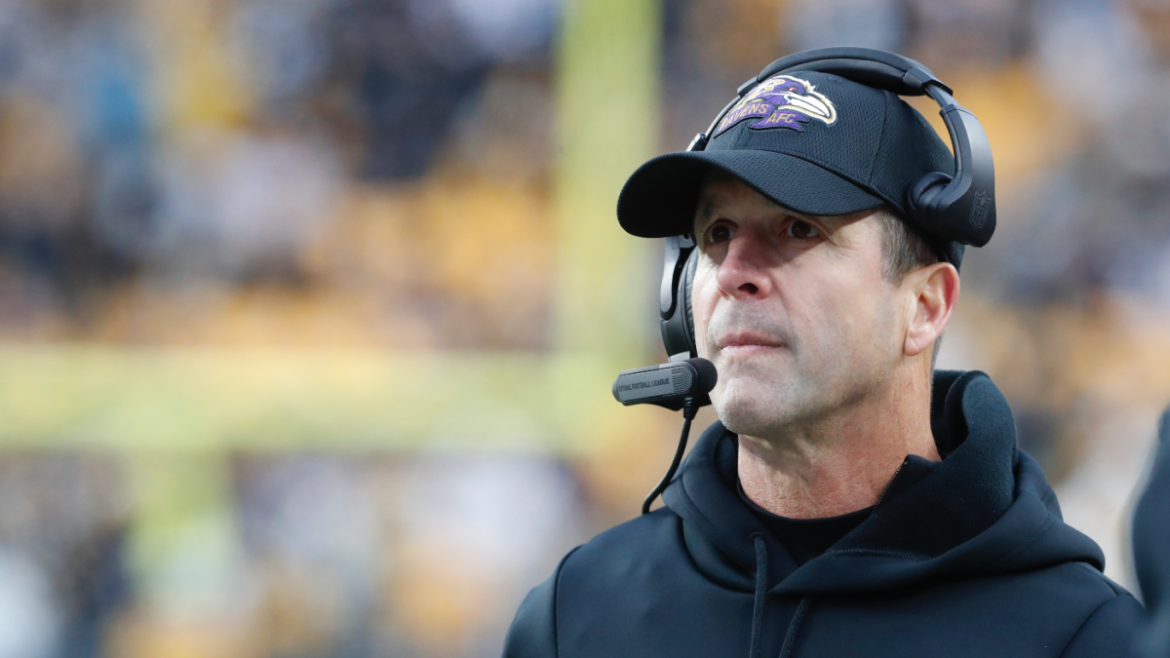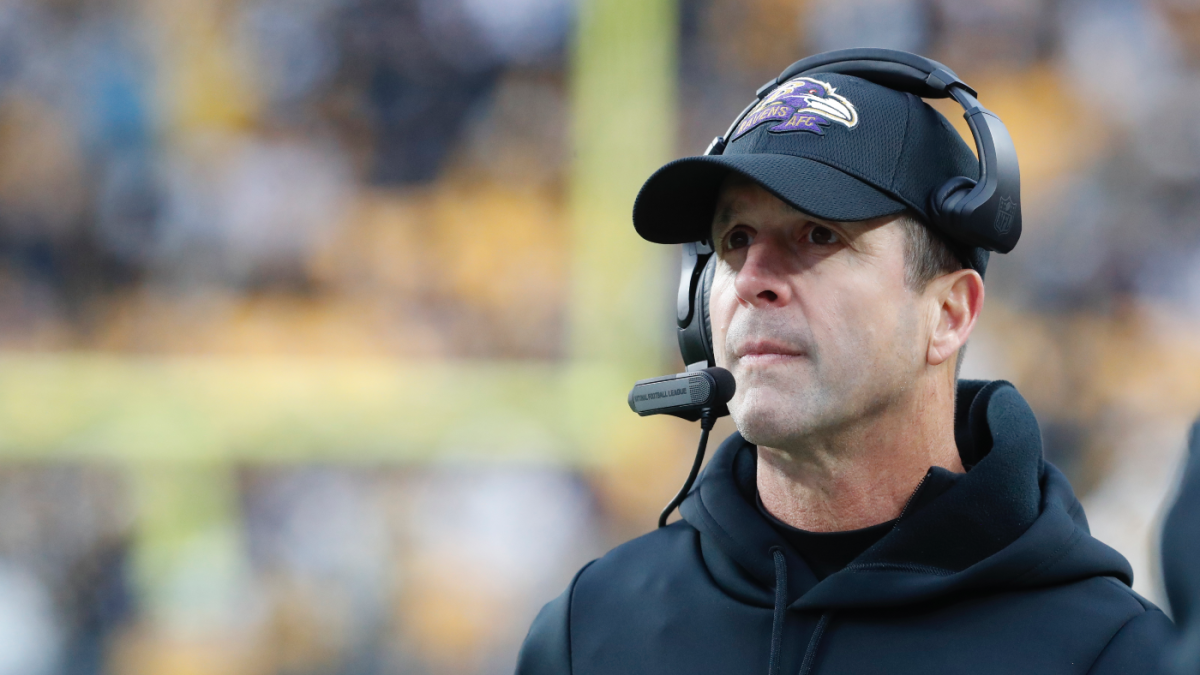Navigating the Intersection of NFL Stardom and Olympic Flag Football
As the conversation heats up around the inclusion of flag football in the 2028 Olympics, a fresh dynamic in American football is emerging—one that challenges the NFL’s stance on its marquee players participating in such international events. The Baltimore Ravens, and specifically their head coach John Harbaugh, stand as a case study for this evolving debate, balancing the NFL’s vision for the sport’s future with the practicalities of player commitments and team priorities.
The NFL’s Vision: Flag Football as “The Future”
Flag football’s debut as an Olympic sport for the 2028 Games is poised to bring a new dimension to the sport’s global reach. The NFL’s endorsement of this variant signals a strategic move towards a safer, more accessible form of football that can expand its appeal worldwide. However, this optimism within NFL leadership contrasts sharply with the cautious stance of some coaches like John Harbaugh, who recently expressed reservations about NFL stars, such as Lamar Jackson, juggling their NFL careers with Olympic flag football participation.
The NFL owners are reportedly on the verge of approving a framework that would allow players to participate in the Olympics, acknowledging flag football’s potential while carefully weighing the risks involved—particularly regarding injury and time away from NFL obligations.
John Harbaugh’s Perspective: Protecting NFL Assets
Harbaugh’s hesitance reflects a broader protective instinct common among NFL coaches regarding their top talent. His reaction to the prospect of Lamar Jackson, the Ravens’ MVP quarterback known for his dynamic dual-threat capabilities, participating in Olympic flag football reveals the tension between embracing new opportunities and safeguarding a franchise’s core.
Despite this cautiousness, recent remarks from Harbaugh suggest a nuanced view: while wary of the physical demands and risks, he sees Jackson as an athlete who could potentially handle greater exposure and responsibility, framing Jackson as possibly the greatest quarterback in NFL history. This complicates the narrative—Harbaugh respects Jackson’s immense talent but is pragmatic about how external commitments like the Olympics could impact the Ravens.
Lamar Jackson: The Central Figure
Lamar Jackson’s place in this conversation is pivotal. Coming off arguably his best season, with impressive stats including a 66.7% completion rate, 4,172 passing yards, and 41 touchdowns, Jackson is a player whose performance significantly influences the Ravens’ prospects. His recent contract talks, debates over his utilization, and public scrutiny only heighten the stakes of whether he should or could invest energy into competing in the Olympics.
Jackson’s physical style of play, which blends passing and rushing with an average of 6.6 yards per carry and nearly 1,000 rushing yards in a season, makes the risk of injury particularly acute. For the Ravens, the risk of losing him to injury or fatigue extending from participation in Olympic flag football carries real consequences on the 17-game NFL schedule and playoffs aspirations.
Broader Implications for the NFL and Flag Football’s Olympic Entry
The dialogue transcends individual teams or athletes; it’s emblematic of a turning point in football culture and global sports diplomacy. Allowing NFL stars to compete in Olympic flag football could massively boost the sport’s profile and credibility on the international stage, potentially driving youth participation and fan interest worldwide.
However, the pushback from NFL insiders underlines obstacles:
– Player health and injury risk: Flag football, while less contact-heavy, still demands athleticism and presents injury risks, potentially jeopardizing NFL careers.
– Scheduling conflicts: Balancing NFL seasons, training camps, and Olympic events places heavy demands on players.
– Contractual and financial considerations: Players and teams have to navigate contracts, endorsements, and salary implications against the backdrop of Olympic commitments.
Conclusion: Balancing Opportunity and Prudence
The NFL’s embrace of Olympic flag football is an exciting development that could reshape the sport’s future. Yet, pragmatic voices like John Harbaugh’s remind us that the transition won’t be straightforward. For stars like Lamar Jackson, the decision to play in the Olympics isn’t merely about ambition or pride—it involves weighing the risk to their NFL careers and franchises that rely heavily on their presence.
As discussions continue, the NFL and its key stakeholders will need to craft thoughtful policies that encourage player participation in flag football’s Olympic debut while protecting the game’s top talent and long-term interests. This balancing act will set the tone for how professional football can innovate and evolve in a global, multi-sport context without losing sight of its competitive heart.





